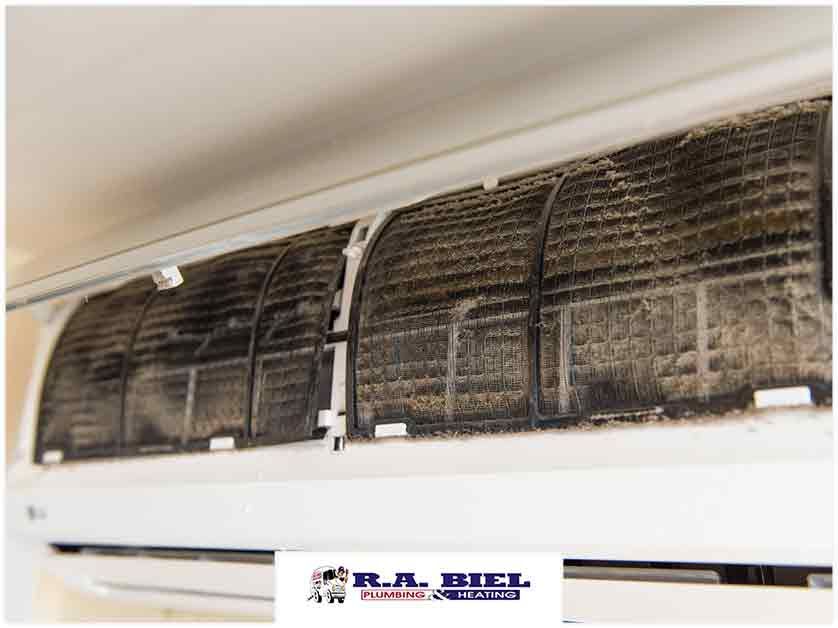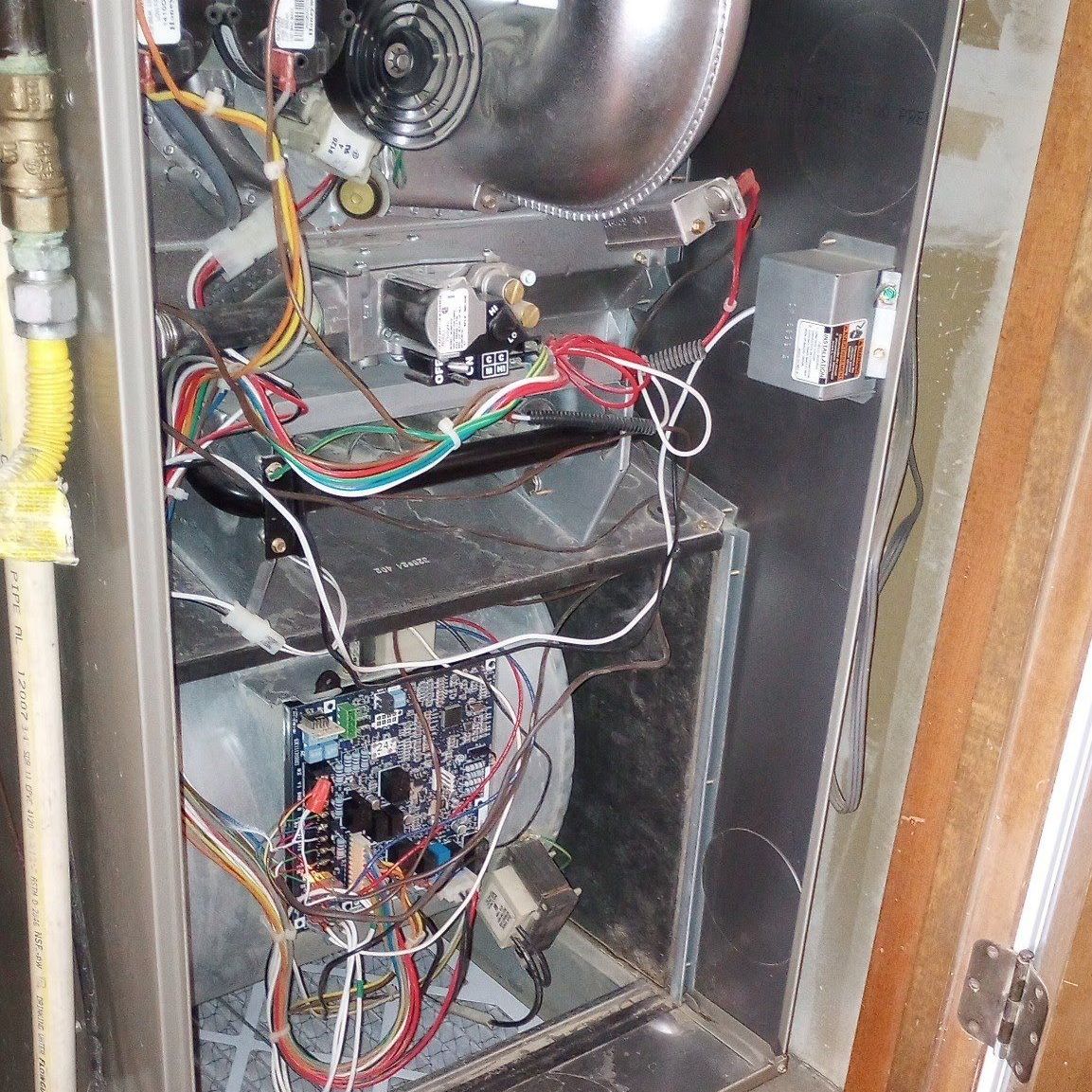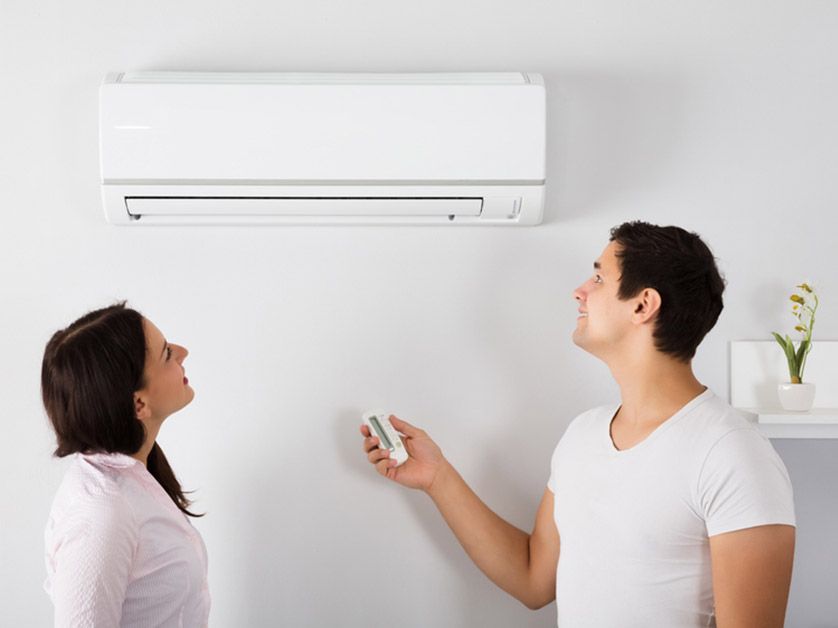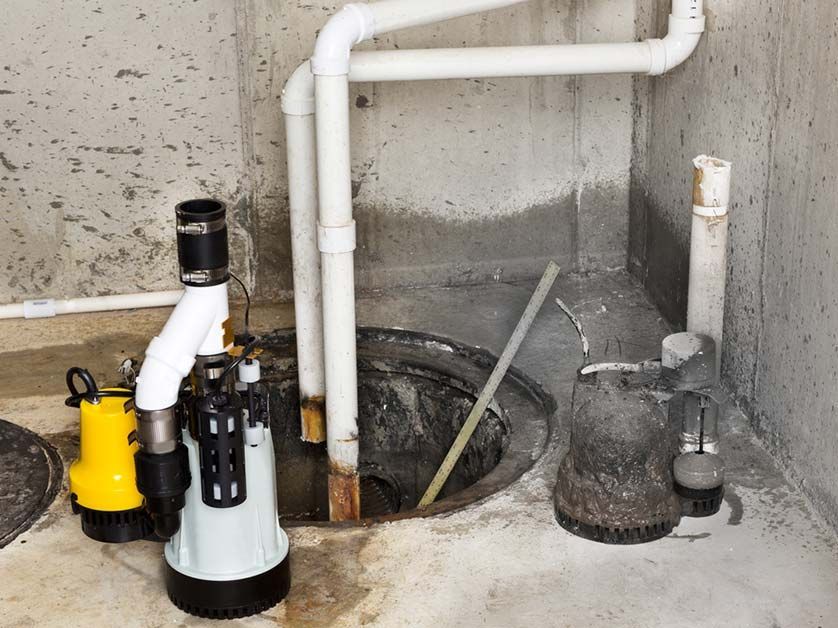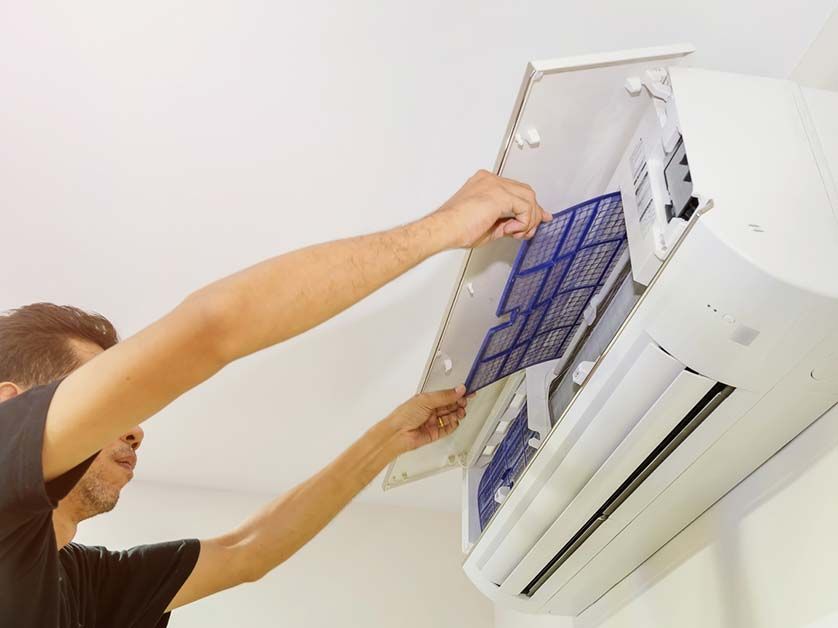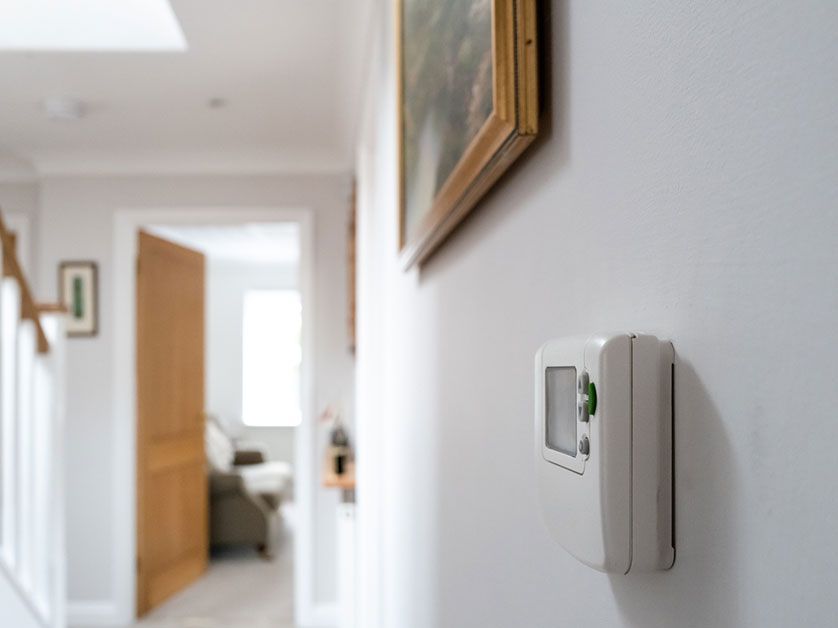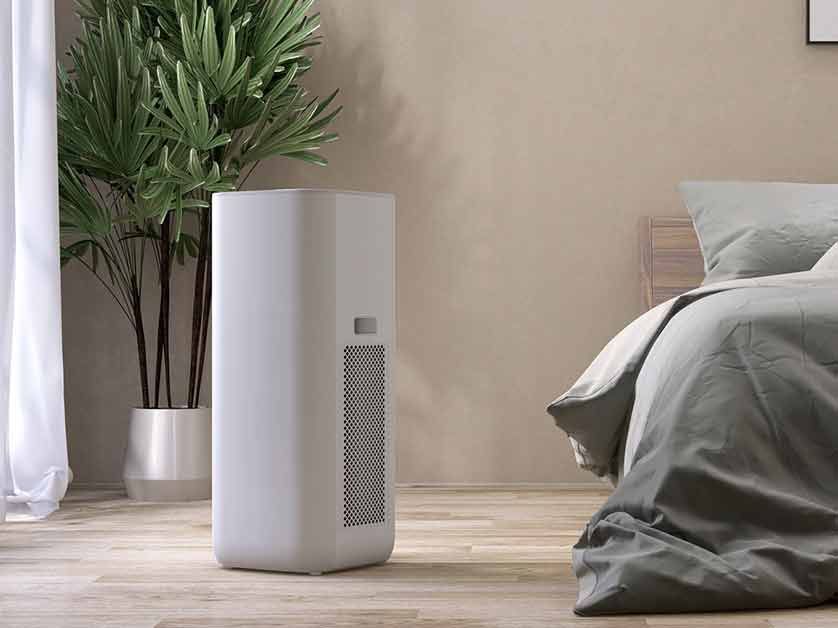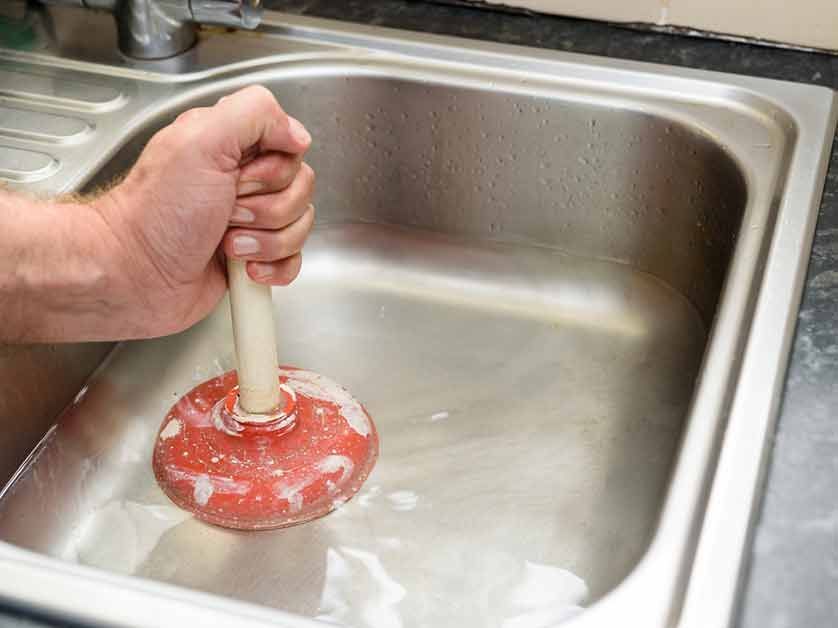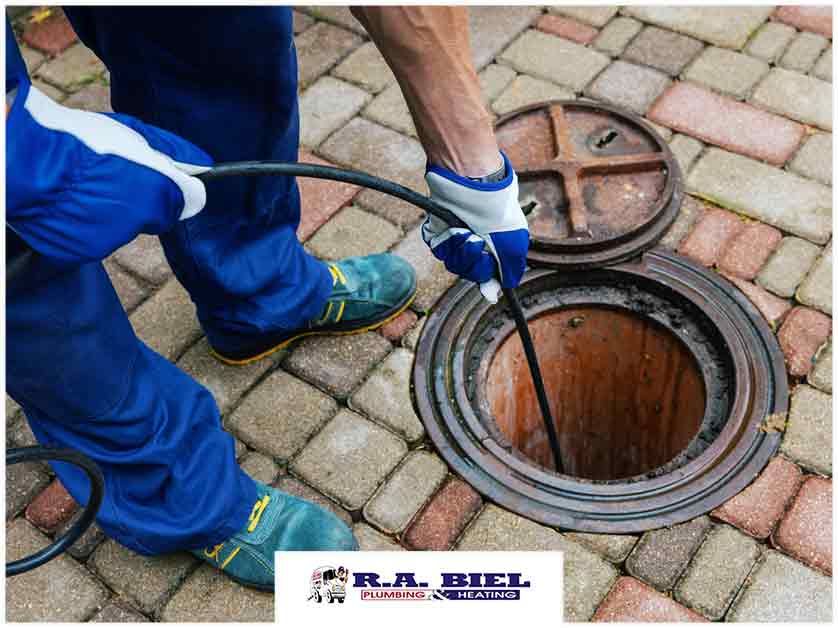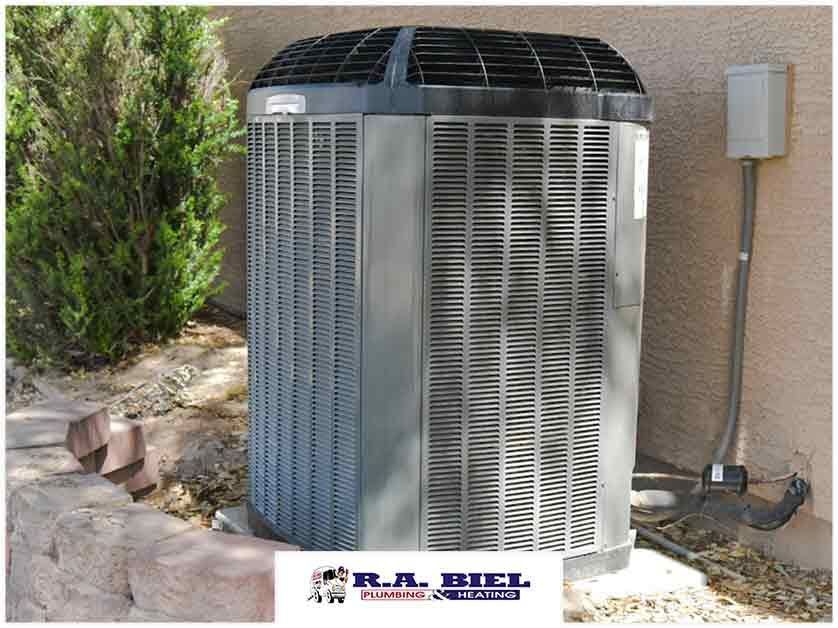HVAC Repair vs. Replacement
Your air conditioning system is crucial for your indoor air quality and overall comfort. If HVAC maintenance isn’t taken seriously over the years, it is likely for the unit to lose its efficiency more quickly than expected. This prompts sudden shutdowns, costly inspections, and repairs, and then a replacement. Are we urged to resort to having our systems renewed over minor issues though? Or is doing fixes much ideal when our AC is in trouble? We’ll carefully look into both in this post.
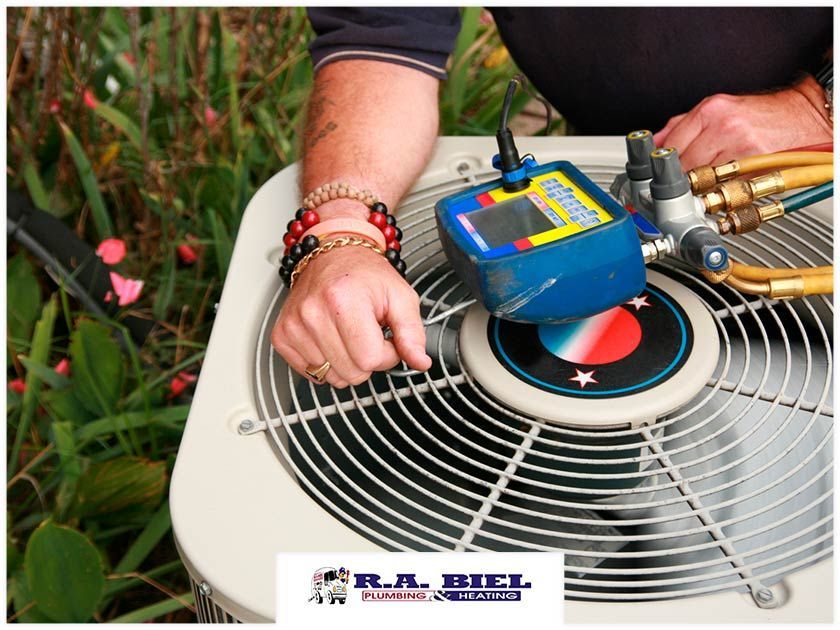
Doing HVAC Repair
As iterated, in order to preserve your unit’s great condition, it is essential to perform well-timed conservation practices. However, experts say replacements aren’t always the solution for a damaged or troubled unit. There are specific instances that may be addressed by simple repairs. For example, clogged drain lines, disconnected wiring, or loose ductwork. While clogged drain lines can be repaired by just cleaning, the other situations may still require you to call for professionals to work on them.
Here are some HVAC repair DIYs you’re allowed to do:
- Replacing air filters every six months to ensure your HVAC system is working properly.
- Although most fixes are best handled by an expert, troubleshooting the system can be done by any homeowner.
On the other hand, here are possible instances that you have to hire a trained contractor:
- Major leaks that prompt the appearance of toxic in your home and establishment.
- Massive fixes may include ductwork and even system replacements.
Other factors you have to consider:
- Your budget. As it isn’t always a good time to be spending a lot on a big purchase, always remember that for specific situations you will still be able to manage the short-term repair. In a few, you can start planning for a full replacement.
- Utility rebates. There are companies that provide incentives to upgrade to more energy-efficient systems. If you’re still weighing whether repairing or replacing your unit is ideal, check for rebate programs from your utility company. You may get a rebate that helps cover the upfront cost of installing a new system.
Replacing Your HVAC
It can be noted that these systems are known to only last for at least one to two decades. Hence, resorting to renewal after that is definitely a wise decision. It is still a debate on reactive and proactive maintenance though. If it is worse than an air duct cleaning concern, perhaps it needs to be renewed. Yet, there are many factors to put into consideration when deciding on a unit replacement. We have listed down a few:
- The age of your unit. As mentioned above, if your unit is beyond 10 years old and has shown significant signs of breaking down, it may be time to get a new unit.
- The problems are extensive. If your system frequently encounters problems that involve the compressor, condenser coils, or blower motor, a replacement would be necessary.
- It’s been repaired multiple times. If your system had at least three major repairs in recent years, then it is probably more cost-effective to have it replaced with a brand-new unit.
- Uneven temperatures. Weak or poor airflow through your vents could mean your blower motor is failing or the fan or coil is very dirty, while hot and cold spots in a home might be a problem with your ductwork.
- Loud noises. Excessive noise could signal your system is working too hard to keep up with the cooling or heating demands of your home. If the noise only happens when the system starts up or shuts down, it might indicate a problem with the system compressor. In any case, an HVAC repair technician should be able to locate the source of the noise and assess the severity of the problem.
- Humidity problems. Poor equipment operation, inadequate equipment, or leaky ductwork can cause air to be too dry in the winter and too humid in the summer. Keep in mind that excessive humidity levels are cause for concern and should be shared with your contractor.
- Surging utility bills. Check your monthly energy bills to see how they compare to the same period of time last year. A significant increase may indicate a change in the operating efficiency of your system. A new, more efficient system will most likely result in savings that can be applied to the cost of a new system.
- You have a system that uses Freon. It is likely less efficient and usually more expensive to repair.
Other factors you have to consider:
- The $5,000 rule. Try to multiply your unit’s age by HVAC maintenance costs. If the number exceeds $5,000, it’s best to have the unit renewed. If your total is less than $5,000, it’s probably best to make repairs.
- Energy efficiency. By upgrading to a more energy-efficient system, such as an ENERGY STAR®–rated appliance, you can immediately save more on cooling costs.
- Existing unit. If you don’t currently have ductwork in your home, save on installation costs by purchasing an appliance that doesn’t require ductwork like a portable AC unit or ductless mini-split.
- Your system’s size. If your system is too big for your property, it may only operate in short bursts and won’t have an opportunity to dehumidify the air.
Prioritizing Maintenance
While it is critical to ensure that your place has proper ventilation, make certain that you are able to make regular inspections and proper cleaning. These can be done by either you or a trained expert. Moreover, you should immediately contact a local technician if you think your HVAC unit has issues. It is still best to take preventive measures for your equipment to ensure its efficiency and longevity. Whatever the concern is, a repair or replacement must always be done immediately.
In need of an HVAC inspection or air duct cleaning
? Call us today to start working with R.A. Biel. Our reliable services and trustworthy technicians will leave you feeling confident that your HVAC troubles are completely taken care of. Reach us at (505) 327-7755 to get started or submit our online form.
The post HVAC Repair vs. Replacement appeared first on R.A. Biel Plumbing & Heating, Inc..
Our Recent Articles
